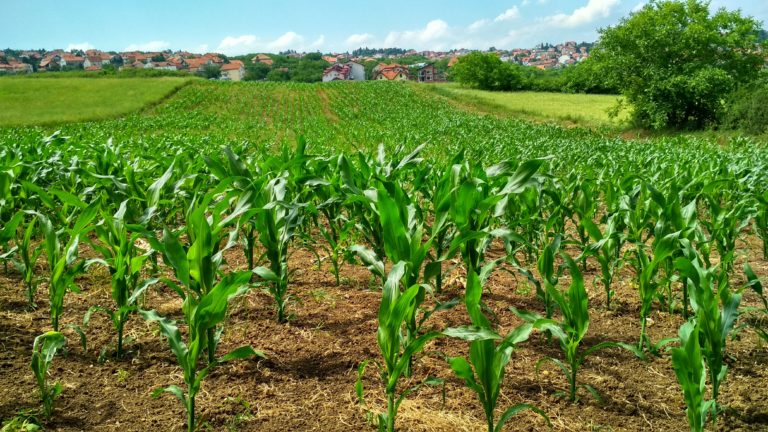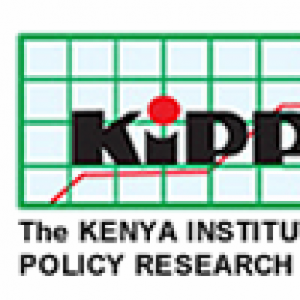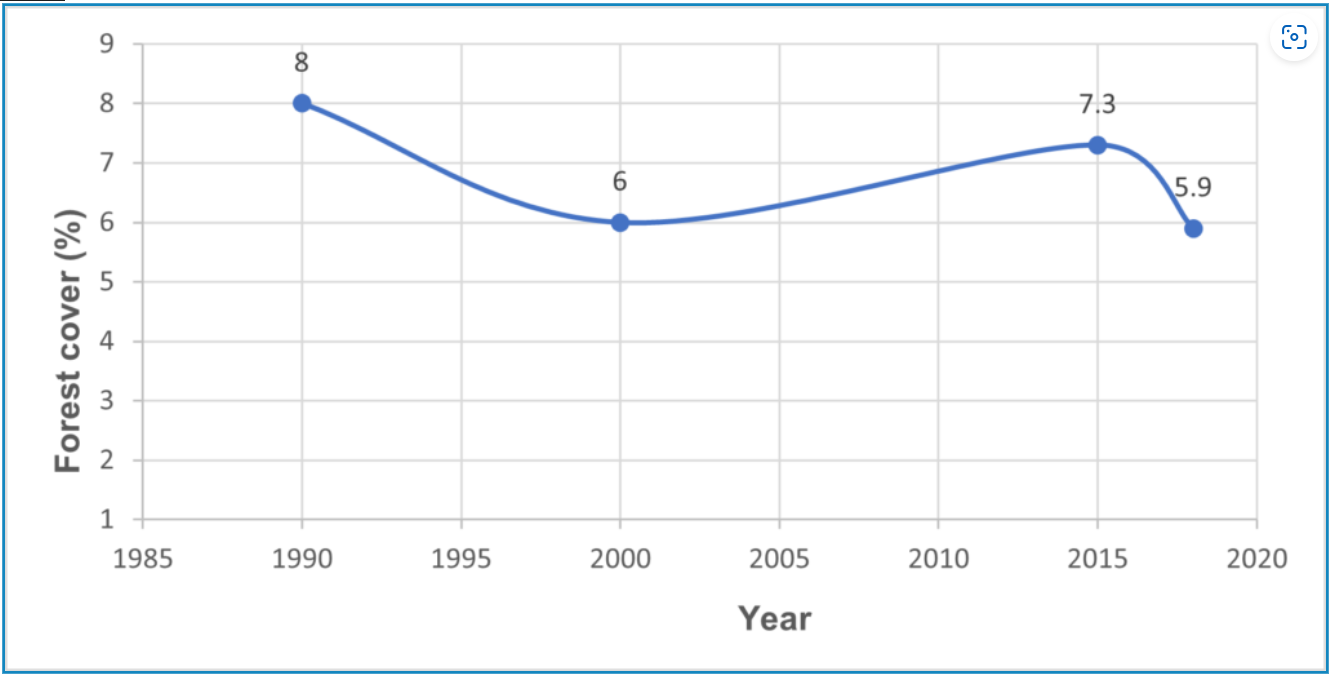Article XX(b) of the General Agreement on Tariffs and Trade (GATT) provides that members of the World Trade Organization (WTO) have the right to take Sanitary and Phytosanitary (SPS) measures necessary for the protection of human, animal, or plant life or health. These are health-oriented measures put in place to minimize the negative effects on trade caused by harmful additives, contaminants, disease-carrying organisms, and the spread of pests.
Kenya being a signatory to the WTO has over the years strived to comply through setting up institutions that act as national inquiry points for SPS matters raised by Kenya’s trading partners. However, these efforts have not effectively mitigated the frequency of complaints of Kenyan products violating the SPS regulations and market access restrictions and interception of Kenyan products in several export destinations around the globe. Agro-food products are among the products that have been adversely affected by these measures imposed by trading partners. Notable among the restrictions include the ban on Kenya beef by Oman for a period of 16 years, which was lifted on 2nd of January 2022, rejection of Kenya flowers by the UK due to high residue levels in 2017, and rejection of Kenya avocadoes in several markets due to infestation by pests.
In March 2021, the Kenya Plant Health Inspectorate Service (KEPHIS) halted the export of Kenya avocadoes for a period of four months as partner states had complained that Kenya was exporting immature avocadoes. Until May 2022, Kenyan farmers have not been allowed to export avocadoes to the China market despite KEPHIS having completed an inspection of the firms that had applied for licenses to export the fruits to China. Additional audits of orchards and facilities need to be conducted before Kenya can start exporting avocadoes to the China market. The fruits meant for export must comply with applicable Chinese phytosanitary (plant health) laws and regulations, health and safety standards, and be free from any quarantine pests of concern to China.
Table 1 contains a comprehensive list of products that have been intercepted or banned in the past 10 years.
Table 1: Restricted items and interceptions, their destination markets, and the reasons in the past 10 years
| Product Country/REC Reason for Restriction/interception | ||
| OrangesMilk | South Africa | Fruit flies |
| Zambia | Afflatoxin b contamination | |
| 3. Avocado | South Africa | Pests, cadmium (residue) |
| AvocadoRose Flowers | China | Pests |
| EU (interception) | ||
| 6. Capsicum | EU (interception) | False Codling Moth (FCM)- pest |
| 7. Basil (a minty herb)- used in food flavouring | EU (interception) | Pests |
| 8. Gypsophila (type of flower) | EU (interception) | Pests |
| 9. Meat | Gulf states (Middle East) | Rift Valley Fever, Foot & Mouth Disease (FMD) |
| 10. Chicken and Chicken products (including Royco and Aromat) | USA | Risk analysis not yet done; in accordance with the US- Foreign Supplier Verification Programme (FSVP) |
| 11. Fish | USA | Salmonella contamination |
| 12. Spices (e.g. red pepper) | USA | Pests |
| Coffee Cut flowers | South Korea (interception) | Ochratoxin contamination |
| Australia | Pests | |
| 15. Cut flowers | UK | High residue |
The incidences of violating the SPS measures cost Kenya approximately Ksh 50 billion of export revenue annually. In addition, the incidences have highlighted the possible weakness of the SPS compliance mechanisms in Kenya, and ultimately compromised the safety and integrity of Kenya’s agro-food produce. This problem has also seen various multinational corporations that operate locally source their inputs through importation. In January 2022, there was an uproar around the country concerning potato shortage by Kentucky Fried Chicken. The discussions mainly revolved around standards of local production. The implication of this is that smallholder farmers suffer tremendously because of increasingly being excluded in the local and global value chain. The following factors are related to SPS constraints:
(i) Loopholes at the input supply stage
The Kenya Pest Control Product Board is mandated to oversee matters of pests and control the type of pesticides and fertilizers that Kenya imports. However, there have been reported instances of violation of regulations and procedures in vetting some of the products. A report on domestic food safety in Kenya noted that fruits and vegetables sold in Kenya retail outlets have a higher content of pesticide residuals than the set maximum residue levels (MRLs).
(ii) Weaknesses at the production stage
There is a higher prevalence of pests and diseases due to poor control and management by farmers. This could be attributable to little knowledge by farmers and inadequate extension services, and inspection by officers from concerned institutions.
(iii) Constraints caused by intermediaries
In Kenya, majority of cash crops are always harvested and transported by middlemen, who may be ignorant or unaware of SPS procedures. This might cause contamination and spread of pests and diseases due to poor loading and unloading practices, poor pest control, poor temperature control of food products, poor hygiene, and unsanitary cargo areas, among other factors.
(iv) Processing stage constraints
Due to a lack of proper due diligence, products are likely to be contaminated as aggregation is always done without associated production records of inputs such as seeds used, fertilizer applied and history of production (farm) sites, whether the areas are pest infested areas, etc.
(v) Weak partnerships among regulatory institutions
Several institutions have been given the mandate to work on SPS issues, among these include KEPHIS which oversees plant health, the Department of Veterinary Services which oversees animal health, and the Ministry of Health which is responsible for food safety. However, there is no proper coordination among these institutions. Additionally, these institutions have always acted on a reactionary basis as opposed to enforcing compliance domestically. The country has in the recent past witnessed problems of aflatoxins-related deaths and illnesses, the use of dangerous preservatives on meat by supermarkets and butcheries under the watch of these institutions.
(vi) Constraints at the trade level and the absence of a standalone SPS policy
There is no national SPS institutional environment related to trade. There is also a limited understanding of SPS issues by traders. Also, there is lack of stand-alone policy or legislation on SPS as these matters are interpreted from various legislations, for example Meat Control Act, Livestock Ordinance Act, Biosafety Act, Agricultural Produce Act, and Pest Control Act, among others. However, these legislations are not exhaustive on SPS issues.
(vii) End-user constraints
The average Kenyan consumer is unaware of food safety hazards and consumer rights regarding food safety. Also, there are few consumer groups on safety and the existing ones are inactive. This leads to abuse by unscrupulous traders and farmers who use shortcuts in production.
Policy Recommendations
There is need for the establishment of a stand-alone SPS policy/legislation that would ensure:
- A robust coordination of agencies in charge of SPS matters, especially for smallholder production.
- Traceability of plant and animal health by concerned authorities.
- Establishment of an SPS notification system and a database in the ministry in charge of trade about the standards by all countries that Kenya trades with.
- Establishment of a department or authority responsible for awareness creation and training on SPS matters.
- Procedures and regulations for qualifications of different intermediaries are stipulated.
Authors: Kevin Wafula, Young Professional, Trade and Foreign Policy Department
Grace Waweru, Young Professional, Social Sector Department






